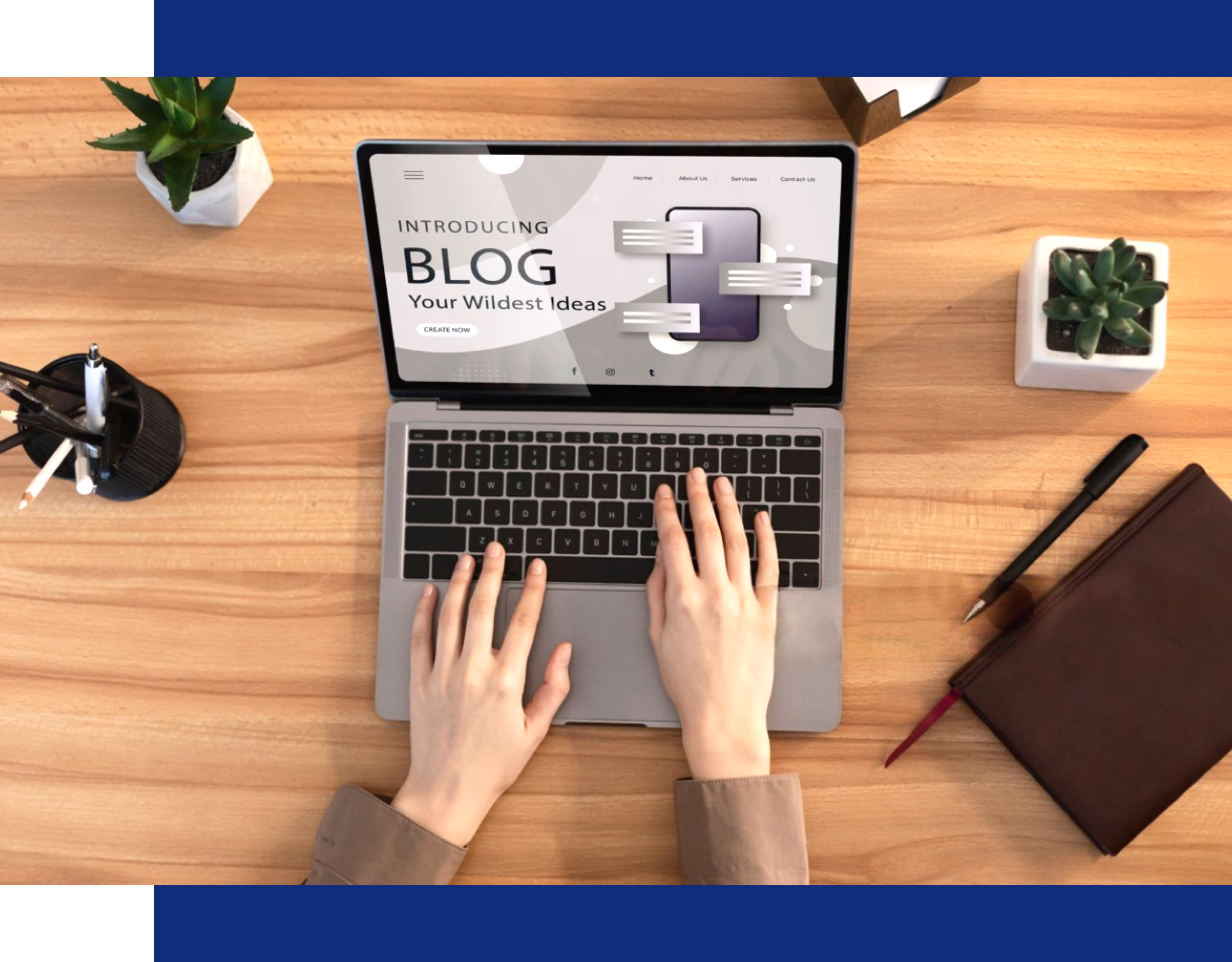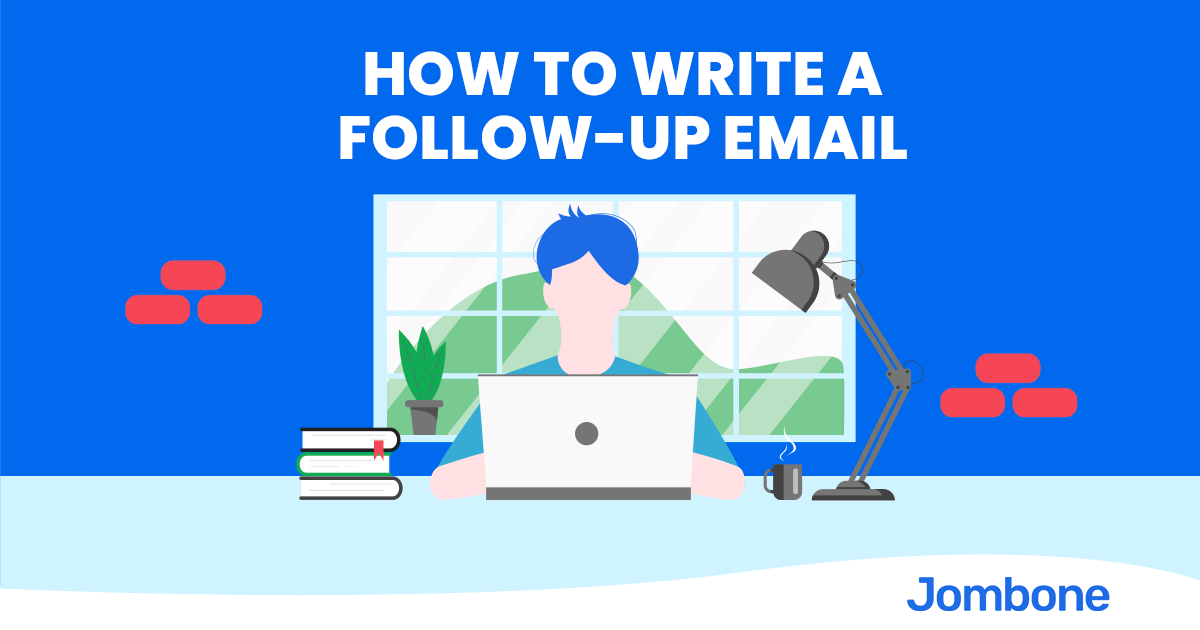Should you send a follow-up email to a prospective employer after a job interview?
The short answer is: yes!
Job seekers should send a follow-up after each interview. The follow-up email gives you a chance to cement the positive impression you left, to ask any additional questions you might have, to continue building the bond that will set you apart from other applicants, and make receiving a job offer much more likely.
The thank-you email sent after a job interview is as important to the interview process as the job search, the job application, and the cover letter. This simple step is overlooked by many, so taking the time to show appreciation for the interviewer’s time can separate you from other job seekers and elevate you to being the best candidate for the job in the employer’s eyes.
Regarding the time frame, it is best to send your follow-up email within 24 hours of the interview. You will still be fresh in the hiring manager’s mind, and ensure your contact information (including your phone number and email address) is close at hand. You also want to ensure your follow-up email is received before the interviewer can decide who might be a great fit for their company.
When writing an effective follow-up email, crafting an informative subject line, using concise language, expressing excitement about the job opening, and showing appreciation for the interviewer’s time will ensure your email gets read and makes a good impression.
1. Bait the hook — Writing an enticing subject line
These days, people are inundated with email. Hiring managers, in particular, are constantly bombarded by email. To keep up with the demand, a hiring manager has to filter the emails they choose to open based on who sent the email and what the email is about. A hiring manager is less likely to open an email if they do not recognize the sender. And if the subject line does not let them know what to expect, that is a recipe for getting your email tossed into the recycle bin.
Keep your subject line short and to the point. Anything too long will get cut off and miss the receiver’s attention, especially if they are opening their mail on their mobile device.
Make sure that it’s clear in your subject line that the email is a follow-up related to the position you interviewed for, and include the interview date. It can be something as simple as “Jane Doe, Forklift Operator Interview, Sept 28, 2022”.
Keeping your subject line concise and to the point will make it far more likely that a hiring manager will open your email to read its content.
2. Keep it brief — Writing a concise email
Since we know that people are overwhelmed by the volume of emails they receive, we also know the amount of time they have to spend on each one is limited. The more emails they receive, the shorter their attention span will likely be. Use this knowledge to your advantage and make a lasting, positive impression.
Leave out the filler. You want to keep your follow-up email short, sweet, and easy to read. You want to thank the interviewer for their time, reiterate your interest in the job position, provide any additional information you feel was left out of the interview, and summarize any aspects of your skills and experience that make you a great fit for the company.
If there is anything that you and the hiring connected about in particular in your in-person interview (e.g. a shared hobby, or if there was some aspect of your work experience the interviewer seemed particularly interested in), you should refer to it, but briefly. Do not go on and on.
A good rule is to avoid adjectives. Instead of saying, “It was a great pleasure to meet you”, just say, “It was a pleasure to meet you.” Instead of saying, “I enjoyed our exhilarating, illuminating conversation,” say, “I enjoyed our conversation. This will make your message clear and concise and most importantly easy to digest.
Another best practice is to write your email as a draft, then step away from it without sending it. Take some time to focus on other things, then revisit the email with fresh eyes and ask yourself: Is this something I would be interested in reading? Have I limited my email content to just the necessary information? Most importantly, ask yourself if your email makes a good impression overall. If your answer to these questions is no, edit the message or start again from scratch.
3. Set the tone — Leaving a good impression
This point is more about tone than it is content to include. In your interview follow-up email to a potential employer, you want to limit the amount of text you include. Still, you want to make sure you are conveying your enthusiasm and positive attitude. By writing in a positive, upbeat tone, you can emphasize that you are a good fit for that company.
A good practice is positively highlighting something the hiring manager spoke about in your interview. People love to be noticed. A hiring manager will feel more inclined to respond if your email is thoughtful and places the spotlight back on them.
Lastly, end your email by setting up the next communication between you and your interviewer. A simple ‘I look forward to hearing from you,’ can make a real difference when securing your next position. Be pleasant but not overly familiar with your sign-off: ‘Best regards’ is always appropriate for a professional email; ‘Cheers’ is not.
4. Follow our lead — A sample follow-up email template
Here is a sample follow-up email that achieves the three points mentioned above. Use this as a general guide to help you write your email rather than copying this word for word. Remember, you want to stand apart from other applicants, not blend in. Writing your email in your own words will do just that.
Subject Line: Jane Doe — Forklift Operator Interview — Sept 28, 2022
Dear Mr. Smith,
Thank you for the interview for the Forklift Operator position at Acme Warehouse. It was great to meet you and learn more about the position.
I particularly enjoyed hearing about your plans for expansion and how I might be able to help achieve that goal. I also enjoyed hearing your thoughts on river fishing — I will be sure to try the lure you recommended!
I am excited by the opportunity to work with Acme Warehouse as a Forklift Operator, and I hope to show you why I received top marks in my Forklift Operator course.
If you have any further questions, please feel free to reach out anytime. I look forward to speaking with you again. Have a great day!
Best regards,
Jane Doe
Put it all together — Go write a killer follow-up email!
Sending a follow-up email is an essential part of the interview process. Whether it was a phone, remote, or in-person interview, showing your appreciation afterward with a concise, pleasant, and well-worded thank-you note will give you the best opportunity to get a second interview and land your dream job.

